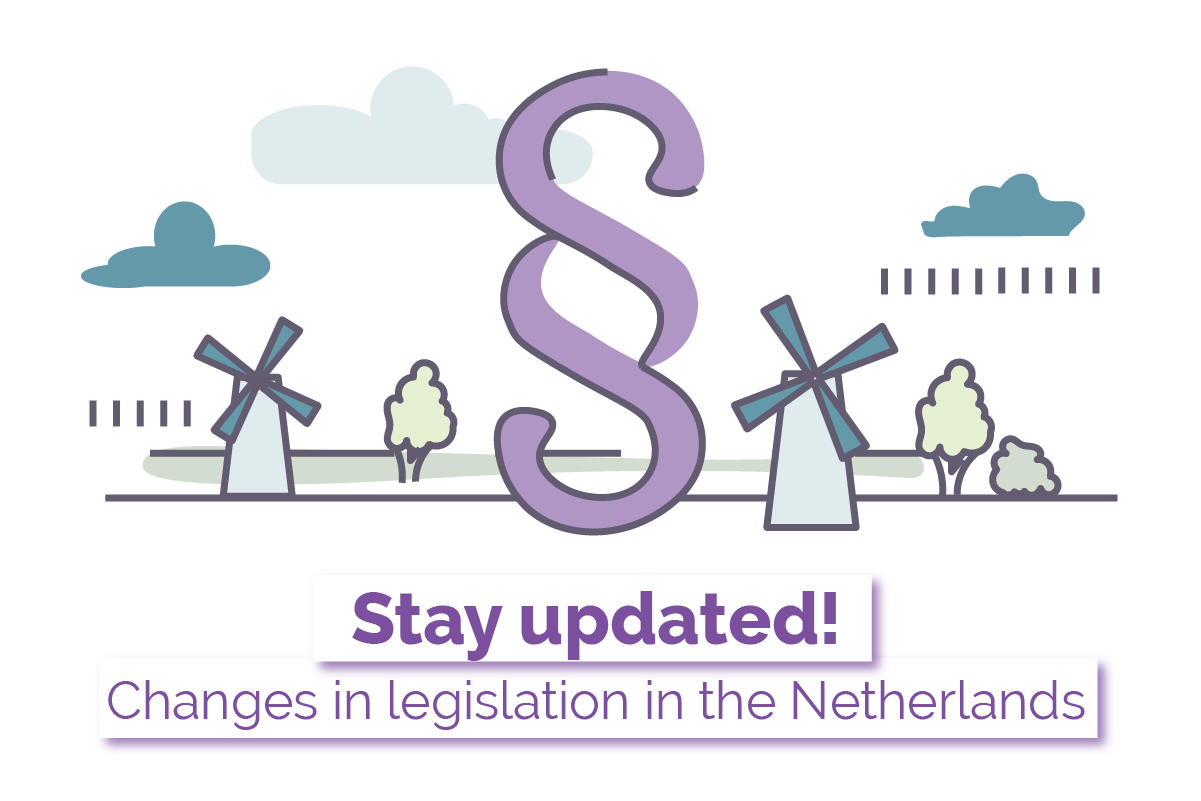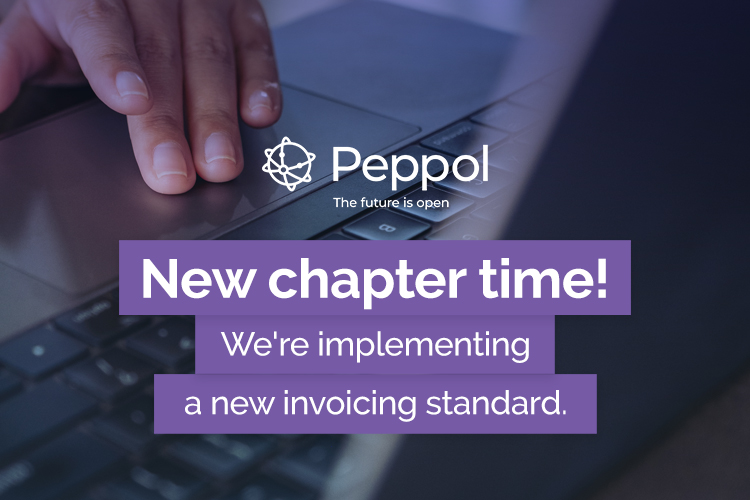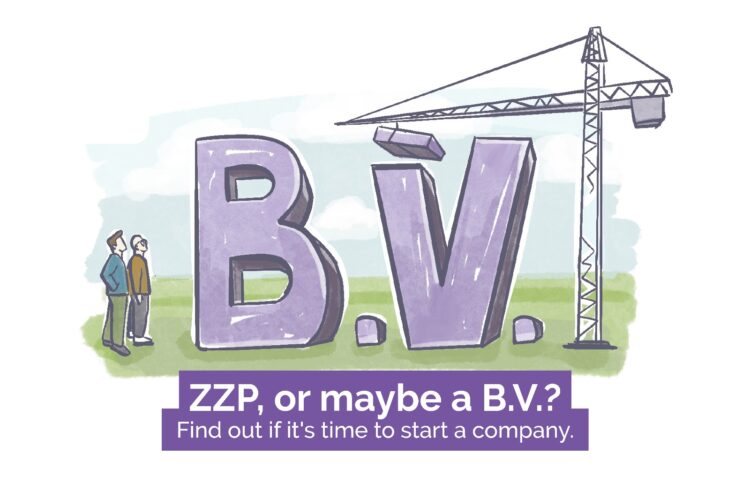Changes in regulations – July 1, 2023

Every year, the Dutch government introduces a number of changes to laws and regulations. What changes have been implemented since July 1, 2023?
1. Ban on free distribution of disposable plastic.
Starting from July 1, there is a new regulation banning the free distribution of single-use plastic dishes and cutlery.
From now on, when buying a drink or food, customers have to pay extra for a plastic bag. The price is determined by the seller, while the alternative in the form of paper containers should be free. The government aims to reduce plastic circulation in favor of more eco-friendly solutions.
2. Minimum wage increase.
The minimum wage for salaried workers has risen again. This time it’s a 3% increase, meaning the minimum wage in the Netherlands is now 1995 Euros gross per month.
3. Changes in child care.
Starting from July 1, changes concerning the operation of child care facilities have been implemented. These relate to the management of staff work and aim to provide greater flexibility in facility operations in case of staff shortages. The change concerns the hours in which caregivers are employed and, in justified cases, allows deviation from the principle of a constant caregiver.
4. Excise increase for gasoline.
You may be in for an unpleasant surprise at the gas station. After a period when the government reduced excise due to high energy costs, the excise relief no longer applies, so prices for gasoline, diesel, and LPG will go up.
5. Tax interest increase.
To encourage citizens to settle taxes promptly and correctly, the government imposes statutory interest. From now on, tax interest for submitting declarations late or with errors will rise from 4% to 6%. The change applies to income tax and turnover tax (VAT, Dutch BTW).
6. Shorter amicable settlement period.
Do you have debts and can’t repay them? In such a case, you can opt for an amicable settlement. Either independently or through a debt help advisor, you must negotiate debt repayment terms with the creditor (or creditors), taking into account your real financial capabilities.
The amicable settlement also predetermines the repayment period. Until now, the repayment period was 36 months, but from July 1 it has been shortened to 18 months, helping you get rid of debts faster.
7. Shorter consumer bankruptcy period.
If the amicable settlement does not bring the expected results, you can apply to the court to use the consumer bankruptcy procedure. The court can grant you the status of a person covered by bankruptcy and develop a restructuring plan, which specifies the amount you must repay.
Here again, the repayment period is shortened. From July 1, this period has been reduced from three years to 18 months.
8. Electronic data exchange in health services.
This law obliges healthcare providers to exchange medical data electronically. This duty is aimed at preventing errors and improving communication between providers in the future. In the coming years, electronic data exchange is set to cover the entire health service.
As part of the first stage of implementing changes, the primary care physician is required to send prescriptions to the pharmacy only in electronic form.


